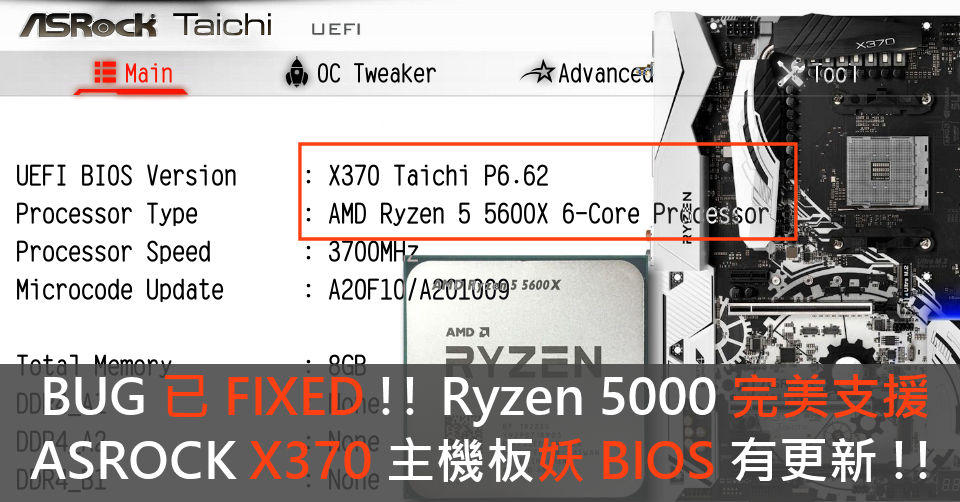The reason why I don't run HT is right here, Windows scheduler is dumb as nails and won't properly schedule a load as simple as Cinebench that scales almost 100% and uses little memory resources. Task to schedule 16 thread of 100% each on physical core of its own for whole time of benchmark is too much for Windows it seems:
View attachment 43802
Gettting ~9150 with HT disabled, so enabling HT would cost nearly 500pts of peak throughput.
Also on paper it seems that by disabling HT equals giving up 30% of capacity? Maybe, but from my testing 9980xe and 3950x, the following happens: when the CPU is ~66% of load ( so maybe 22-24 threads total ), task completion times consistency goes to drain, one might complete in 1.5s, the other in 2+s.
While it is obvious that some tasks need to share core with different HT thread , but the problem of scheduling and rescheduling optimally is too hard.
3950x used to fall real hard, due to complications of 4C sized CCX'es under heavy load, while 9980xe was faring better due to monolith and probably having a single L3 cache to help with threads moving between cores. If i have time i will retest 5950x in this heavy load enviroment with HT enabled.
P.S. and 9200 pts in CB20 is so near of score that 3950x with HT enabled was getting without going too crazy with OC, awesome advance in IPC.








